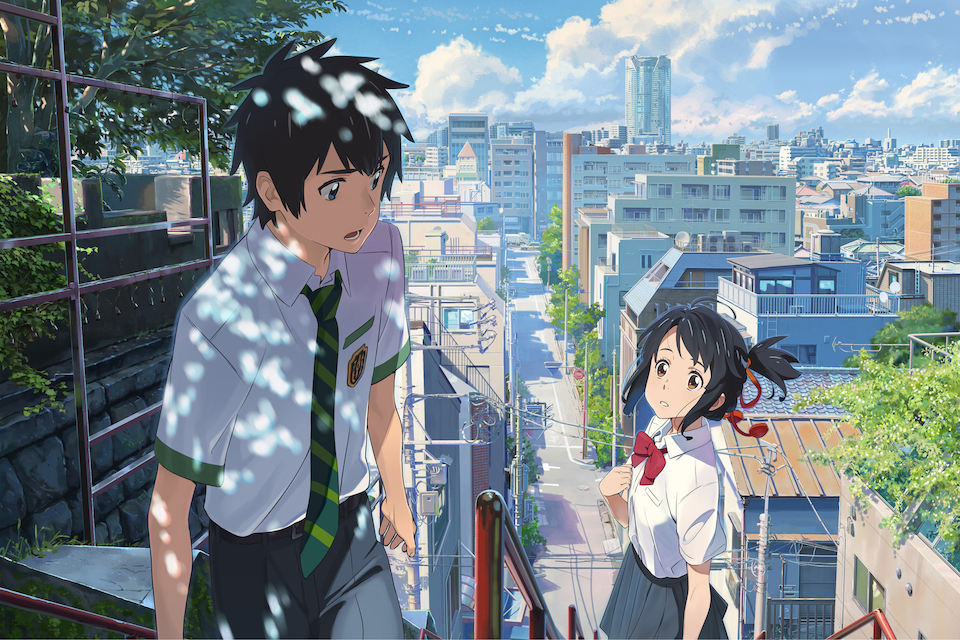Film Review: Your Name
Hugely Popular Japanese Anime Explodes On American Shores


Latest Article|September 3, 2020|Free
::Making Grown Men Cry Since 1992

